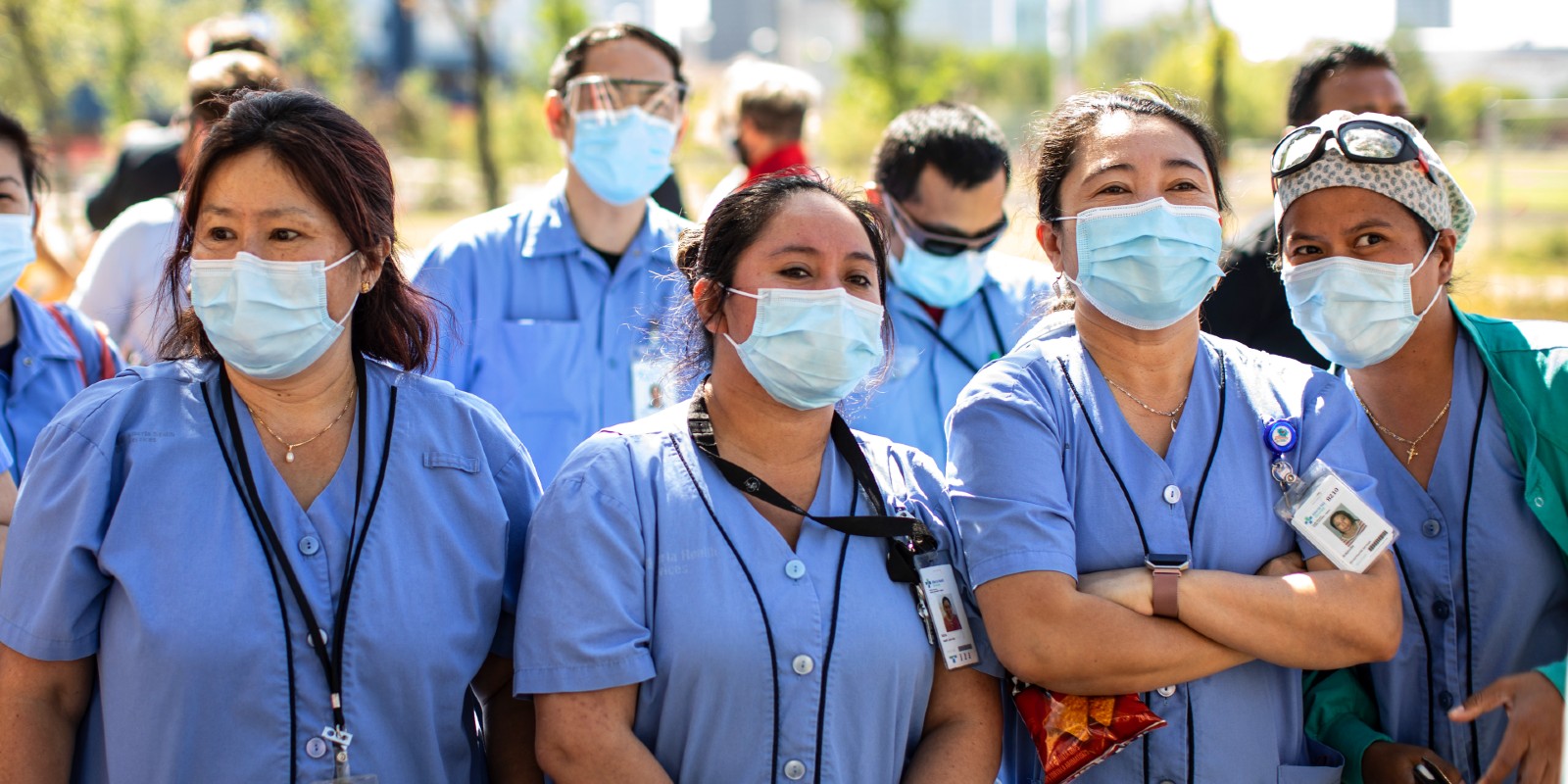Jobs
Recent immigrants are rapidly finding jobs post-COVID, catching up with those born in Canada – The Hub

More Canadians oppose than support the pro-Palestine encampments that have sprung up in universities across Canada, while one-third support them, according to a newly released survey.
Nearly half (48 percent) of Canadians surveyed oppose the pro-Palestine protest encampments. Thirty-one percent support them, and nearly a quarter (21 percent) of Canadians said they did not know what to think about the situation that has captured campuses across North America.
According to Leger’s new survey, opposition to the Canadian university encampments is held mostly by Canadians aged 55 and up (66 percent), while nearly half of younger Canadians aged 18 to 34 (45 percent) support them. This young-old split between protest support and opposition is typical for social movements throughout history.
By province, Manitoba and Saskatchewan combined saw the largest portion of provincial opposition (56 percent). Alberta saw the largest amount of support for the encampments (34 percent).
The online poll of just over 1,500 Canadians aged 18 and older was conducted between May 3 and May 5.
Since April 27th, students and other supporters at McGill University began setting up encampments on school grounds. This was followed by encampments forming at the University of British Columbia, the University of Ottawa, the University of Victoria, Vancouver Island University, the University of Toronto, Western University, and McMaster University. Late last week, police in Alberta swiftly and forcefully broke up an encampment at the University of Calgary.
The ongoing encampments are in protest of their universities’ investment in companies that they claim support Israel’s military. Many also want their post-secondary institutions to cut all ties with Israeli universities.
Meanwhile in the United States, on April 30 the New York Police Department arrested around 300 protestors at Columbia University and the City College of New York. At the University of California, Los Angeles officers there arrested over 200 protestors. At Brown University, the school administration agreed to vote on divestment, and their encampment was taken down.
The survey also asked respondents how they felt the encampments should be dealt with. Nearly half of respondents (44 percent) agreed that encampments should be immediately dismantled since they threaten campus safety and students. Meanwhile, 33 percent agreed the encampments should only be dismantled if protestors voice antisemitic views or hate speech. Nearly a quarter (23 percent) agreed that they should be completely tolerated as a form of freedom of speech and association. Only 17 percent of Canadians reported having heard antisemitic comments since October 7th.
These student protests have stirred public debate about Canadian freedom of speech and the use of campus space. Some, including the Canadian Civil Liberties Association, Amnesty International, and Unifor, have recently made statements supporting students’ and academics’ right to peacefully protest within campus grounds. Others, including The Centre for Israel and Jewish Affairs and lawyers for McGill University, say that the encampments threaten the well-being and academic success of the majority of students not taking part, and must be removed. The latter are currently seeking an injunction to dismantle McGill’s encampment.
On May 8, Liberal MP Anthony Housefather appeared on Parliament Hill alongside six students from schools in Ontario, Quebec, and Alberta who said they were being forced to conceal their Jewish identity on campus and feared for their safety. Housefather has since initiated a parliamentary committee study supported by all parties to take a closer look at antisemitism, Islamophobia and the rise of both on Canadian campuses.


)






